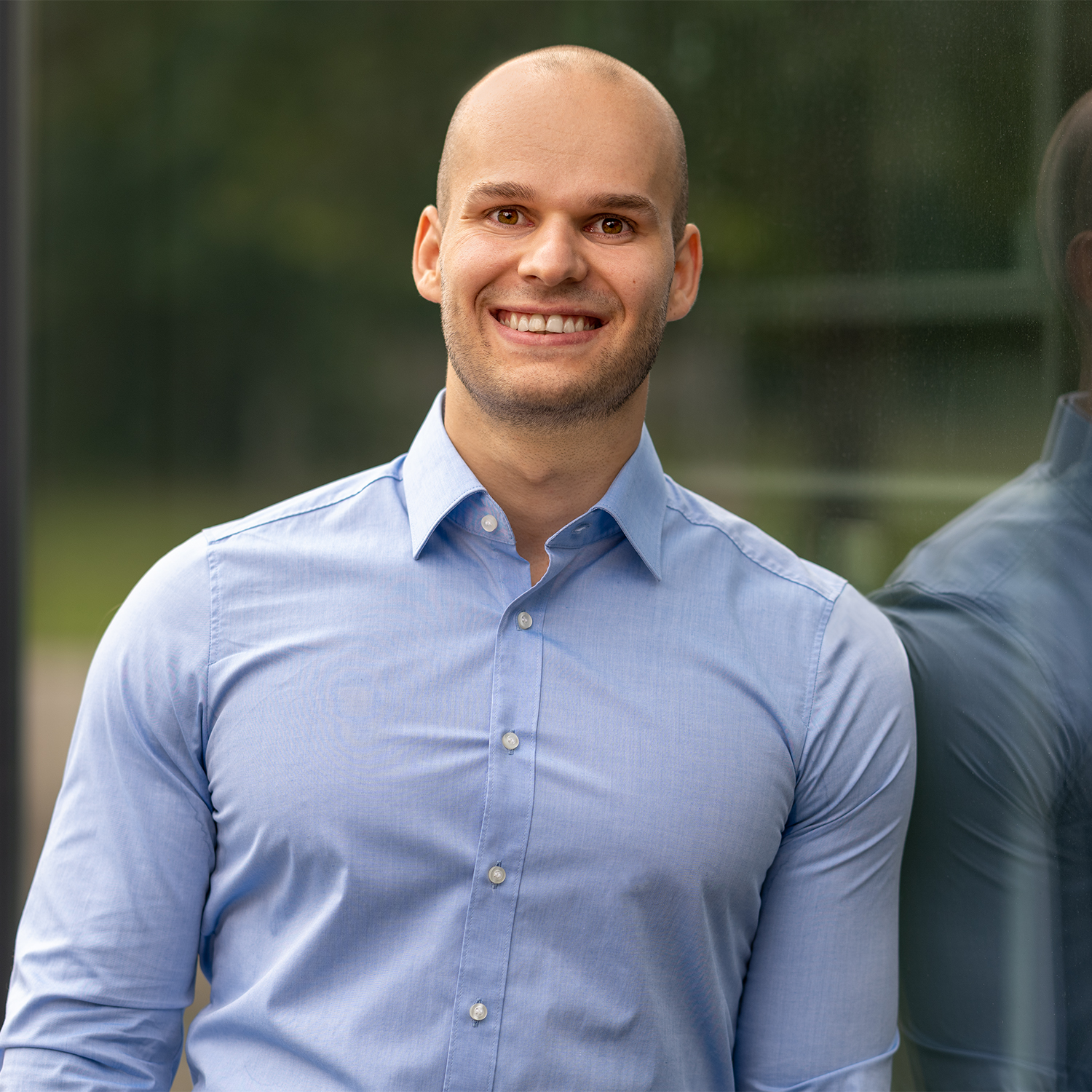
Gregor Mathes
PostDoc,
University of Zurich
University of Bayreuth
Friedrich-Alexander University Erlangen-Nuremberg
Tersane Research Unit
Gregor Mathes is a PostDoc and analytical palaeontologist at the University of Zurich. His research interests include conservation palaeontology, analytical macroecology, and data science. He applies novel statistical tools to the fossil record to gain insights about Earths history. Using this information about the past, he focuses on the conservation of recent biodiversity under current climate change.
He is a member of the Conservation Paleobiology Network and currently chair of the training series sub-committee. He is a private lecturer at the Hanns-Seidel-Stiftung e.V. providing talks and classes on climate change and Earths system.
I am particularly interested in macroecological and macroevolutionary responses of animals and plants to environmental changes. I am focusing on linking palaeo-temperature estimates to the fossil record, using various data sources ranging from the PaleoDB to OBIS, and from population to genus level. I am interested in all groups of life, but focus on marine invertebrates, as they are generally better preserved in the fossil record.
Growing up in the frankonian area right next to Solnhofen, I was always interested in the peculiar remnants of Earth’s history called fossils. As a child, I have spent many days dreaming about Trilobites and Ammonites. The concept of mass extinctions and the sheer amount of information hidden in a piece of rock fascinated me. Later on, I realised that mass extinctions where no longer a thing of the past. Since I have read about the current biodiversity crisis (especially Douglas Adams Last chance to see), I wanted to help and contribute to the conservation of diversity on Earth. The fossil record, with all its information about extinctions, is hereby my well of knowledge. Using the past as a key to the future, I hope that my research can help to better protect and restore threatened animals and plants, making the future a better place.
Fossils are amazing, but the one thing that gets me truly excited about my job is the interplay between data science and evolution, that is the opportunity recent technology offers us for answering major questions about life on Earth. Or in the words of Douglas Adams, who absolutely expresses my thoughts here:
“The thing about evolution is that if it hasn’t turned your brain inside out you haven’t understood it. Then to my surprise I discovered that it was converging with my growing interest in computers. There was nothing particularly profound about that enthusiasm - I just unashamedly love playing with gadgets. The connection lies in the counter-intuitive observation that complex results arise from simple causes, iterated many times over. It’s terribly simple to see this happening in a computer. Whatever complexities a computer produces - modeling wind turbulence, modeling economies or the way light dances in the eye of an imaginary dinosaur, it all grows out of simple lines of code which start with adding one and one, testing the result, and then doing it again. Being able to watch complexity blossom out of this primitive simplicity is one of the great marvels of our age, greater even than watching man walk on the moon.
It’s much more difficult to see it happening in the case of the evolution of life. The time scales are so vast and our perspective so much complicated by the fact that it’s ourselves we’re looking at, but our invention of the computer has for the first time let us get a real feel for how it works. Just as our invention of the hydraulic pump first gave us an insight into what the heart was doing and how the circulation of the blood worked.
This is also why it’s impossible to divorce pure science from technology. They feed and stimulate each other."
Besides my research, I enjoy traveling the world with my wife, bodybuilding, and large amounts of food.
Outreach
Trying to make my reseach accessible and public, I am engaging in various outreach efforts. Please feel free to contact me if you want me to come to your school, company, or conference to talk about one of the following topics.
- Earths History
- Artificial Intelligence/ Machine Learning
- Climate Change (Past and Recent)
- Mass Extinctions
To engage young people to interact with nature and geosciences, I offer fossil hunting day trips through the Frankonian area for school classes of all ages. Let your teacher know about this and tell them to contact me. Together with FAU and as part of the Climate Change Action Team, I participated in many outreach events such as Die Lange Nacht der Wissenschaften, Kinderuni, or Markttage des Wissens. Contact me if you need inspiration for your outreach event, or if you want me to participate in it.
Open Science
To remove the barriers for sharing any kind of output, resources, methods or tools, at any stage of the research process, I build my research on open software tools. Here are some of those tools I use in my workflow:
- Github for depositing data and source code, as well as facilitating collaboration
- R and other open source programming languages for statistics and web services
- Zotero for managing references
- Linux as operating system
- Inkscape for artwork and figures
- Markdown for creating text based files
- Libre Office for sharing text based files
Education
-
PhD student in PastKey project of the TERSANE research unit with Prof. Dr. Manuel Steinbauer, University of Bayreuth and GeoZentrum Erlangen (Germany), 2019 - 2022
-
M.Sc. in Analytical Paleobiology, Department of Geosciences, Friedrich-Alexander University Erlangen-Nuremberg (Germany), 2017 to 2019
-
B.Sc. in Geosciences, Department of Geosciences, Friedrich-Alexander University Erlangen-Nuremberg (Germany), 2013 to 2017
Interests
- Conservation Palaeontology
- Macroecology and Evolution
- Data Science/ Bayesian Statistics